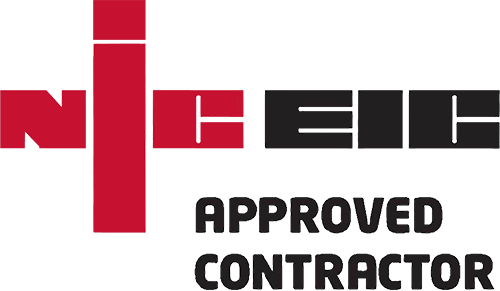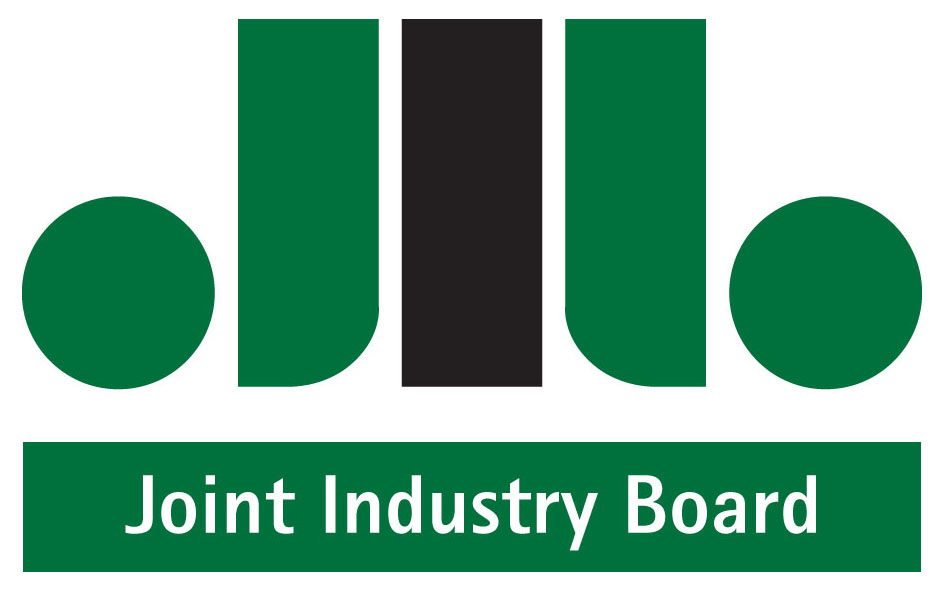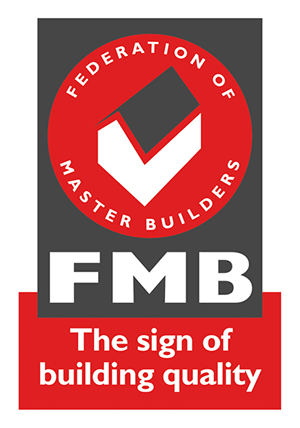FAQ (Frequently Asked Questions)
Why bother with inspection?
In order for your electrical installation to comply with the current electrical safety regulations it must be regularly tested & inspected by qualified and competent engineers.
How long will an inspection take?
We can usually carry out an inspection within a few hours depending on the size of the property. Inspections should be completed during normal working hours without major disruption to our clients; this is due to our engineer's considerable expertise in this field.
What is PAT?
With reference to the Health & Safety Executive (HSE) Memorandum of Guidance to the Electricity at Work Regulations (ref; HS(R)25) states that all portable & handheld equipment must be maintained in a safe and good working order requiring inspection and the logging of the results for future reference.
Following section of FAQ has been adapted from NICEIC.
What is Part P?
From January 2005 electrical installation work in dwellings (houses and flats) will become subject to a new Building Regulation - 'Part P'. This will be enforced by Local Authorities. Failure to comply would be a criminal offence.
The legal requirement is simply stated: 'Fixed electrical installations in dwellings shall be suitably designed, installed, inspected and tested so as to provide reasonable protection against their being the source of a fire or a cause of injury to persons.'
What are the options for complying with Part P?
Self-certification
Register with a government-approved competent person scheme which enables work to be self-certified as compliant with the Building Regulations.
Notification
Notify Local Authority Building Control in advance of undertaking each job so that they can inspect the work.
The second option will include checking that an electrical installation certificate has been completed, with work fully inspected and tested to BS 7671. Notification will therefore be just as technically onerous as self-certification, and potentially a lot more expensive and bureaucratic.
What work will have to be notified or self-certified?
All domestic electrical installation work, whether professional or DIY, must comply with BS 7671. Failure to comply would leave the installer open to legal action, and liable for any injury, loss or remedial work that may result.
The only domestic work for which either self-certification or notification will not be required will be for some minor work (generally work not involving the provision of a new circuit). The replacement of a consumer unit will not qualify as minor work.
In kitchens and areas of increased risk, such as a bathroom or shower room, a garden or a swimming pool or sauna, all work, minor or not, will need either to be self-certified or notified.
Does Part P include Periodic Inspection Reporting of existing electrical installations?
Part P does not cover Periodic Inspection Reporting of existing electrical installations and registration with the NICEIC Domestic Installer Scheme will not provide approval for this type of work.
Who registers to self-certify, businesses or individuals?
The schemes' developed for Part P are based on assessing a business, enabling nominated persons within that business to self-certify that the business's electrical work complies with the requirements of Part P. On that basis, businesses, not the individuals (unless sole-traders), must register with a scheme operator if they want to self-certify that their electrical work complies with the Building Regulations.
The scheme operators are responsible for how the requirements of the scheme are delivered, but self-certification schemes have to meet the criteria set out by the ODPM. Any scheme that is approved by the Government has to ensure that electrical contractors are competent to design, install, inspect, test and verify that their work is carried out to BS 7671. Qualified Supervisors, as recognised by the EAS and NICEIC schemes, are required to hold certain technical qualifications such as City and Guilds 2381.
Will I be able to have my electrical work certified as compliant with Building Regulations by other than a building control body?
As the Building Act under which the Building Regulations are formed recognizes only those who actually carry out work to be competent to self-certify, it is understood that third party certification (by other than a building control body) will not be acceptable under the provisions of Part P.
What effect does the Domestic Installer Scheme have on the Approved Contractor scheme?
None. The NICEIC continues to offer and maintain the Approved Contractor scheme for all contractors that wish to have such superior recognition, in parallel with the Domestic Installer Scheme.
How can I find out more about Part P and the NICEIC's plans?
Questions about Part P can be put to the Part P helpline on 0800 013 0900. Previous developments have been covered in earlier issues of the NICEIC Journal/Newsletter. Information about the Government's position on Part P and electrical safety for England and Wales can be found at www.odpm.gov.uk.
Information about Scotland can be found at www.scotland.gov.uk
For further information about registering on the Domestic Installer Scheme call 0800 013 0900, or email partp@niceic.org.uk.






